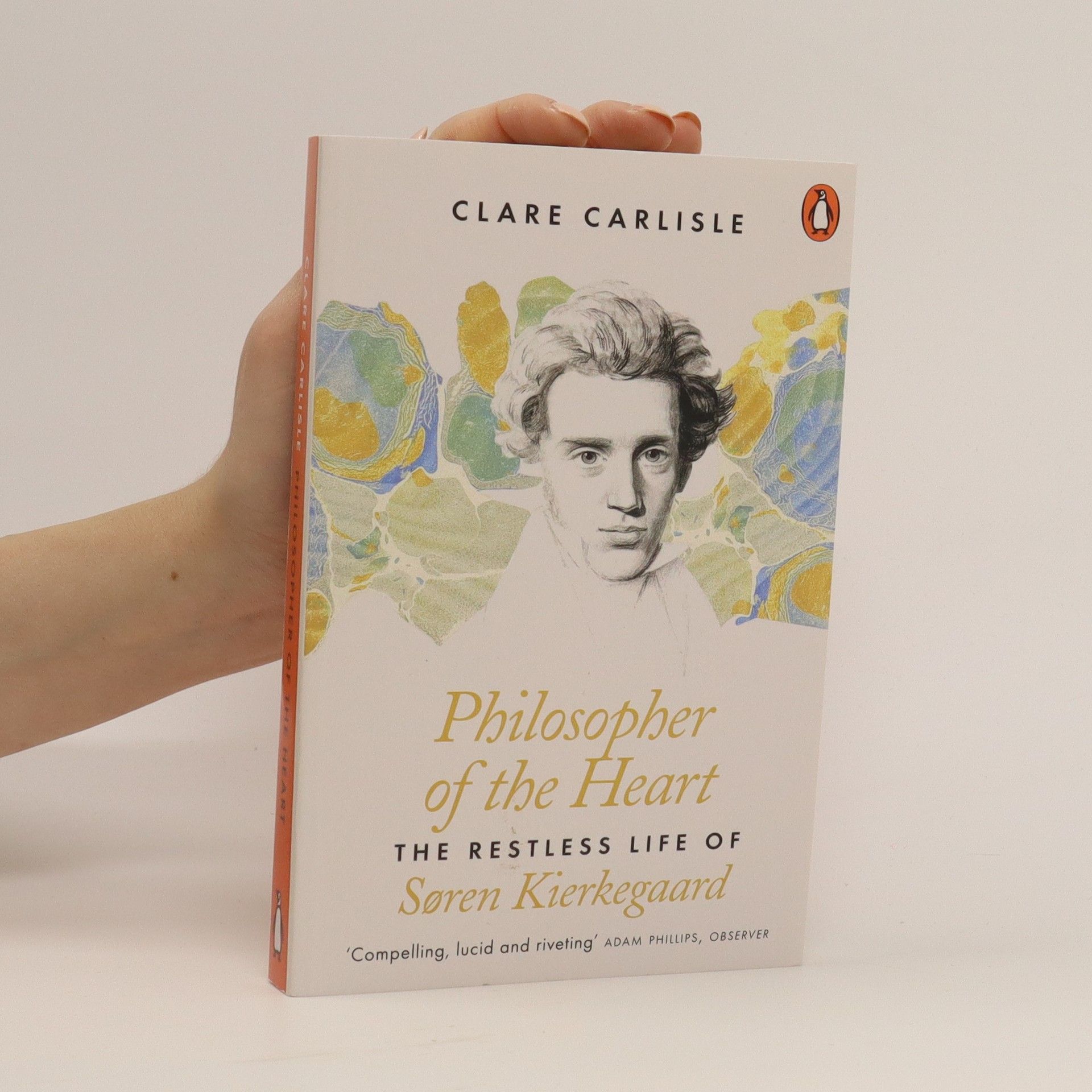Spinoza's Religion
- 288bladzijden
- 11 uur lezen
Spinoza is often labeled as either an atheist or a pantheist, but Clare Carlisle argues that he embodies neither. In her interpretation, she presents a fresh reading of Spinoza's Ethics, placing the question of religion at its core while avoiding a conversion of Spinozism to Christianity. Carlisle reveals that "being in God" connects Spinoza's metaphysics and ethics, offering a powerful, inclusive philosophical vision relevant to modern life. The Ethics, much like Spinoza himself, transcends conventional religious categories, engaging with religion in uniquely original ways. It critically and constructively addresses the diverse Christian context of Spinoza's time. For Spinoza, philosophy was a spiritual pursuit that reflected his commitment to a truthful and virtuous life. Carlisle provides new insights into Spinoza's complex ideas about eternal life and the intellectual love of God, revealing a Spinozist religion that intertwines self-knowledge, desire, practice, and ethical living in the pursuit of our 'highest happiness'—to find rest in God. Through Carlisle's perspective, the Ethics encourages a reevaluation of both Spinoza and the concept of religion itself.

